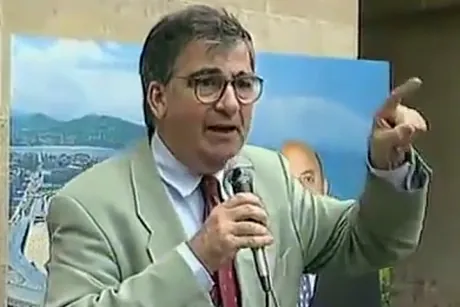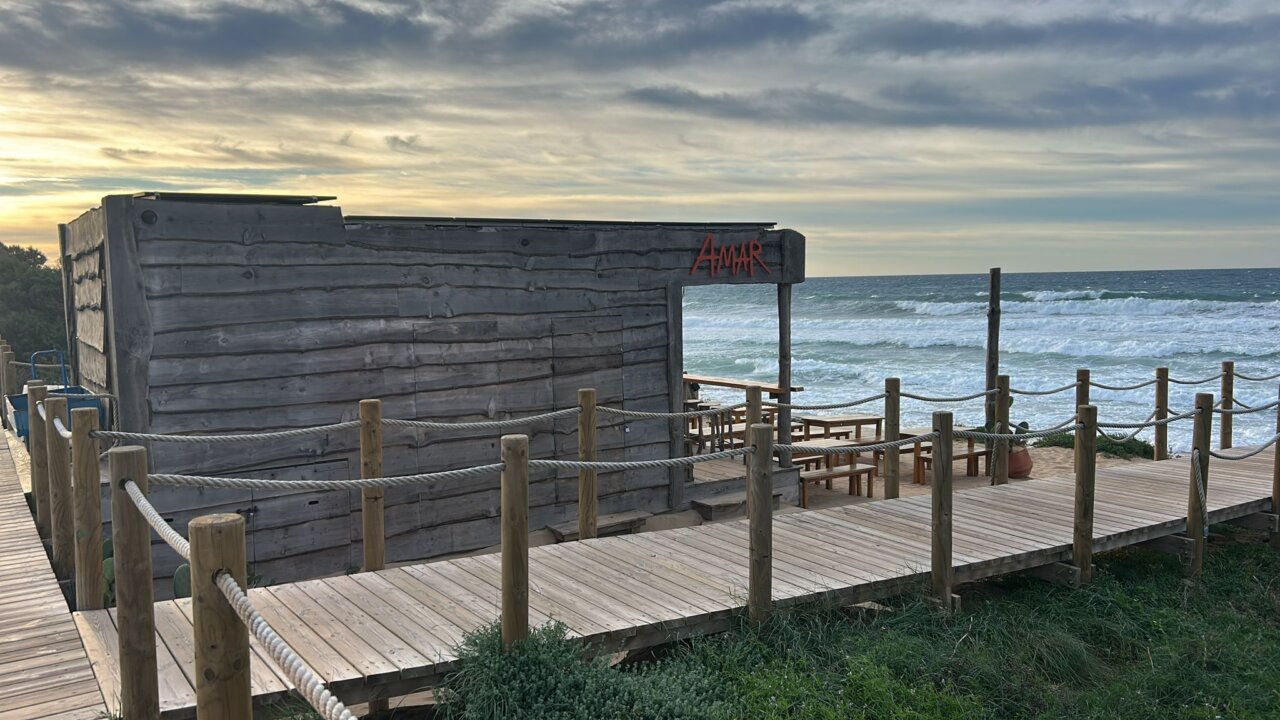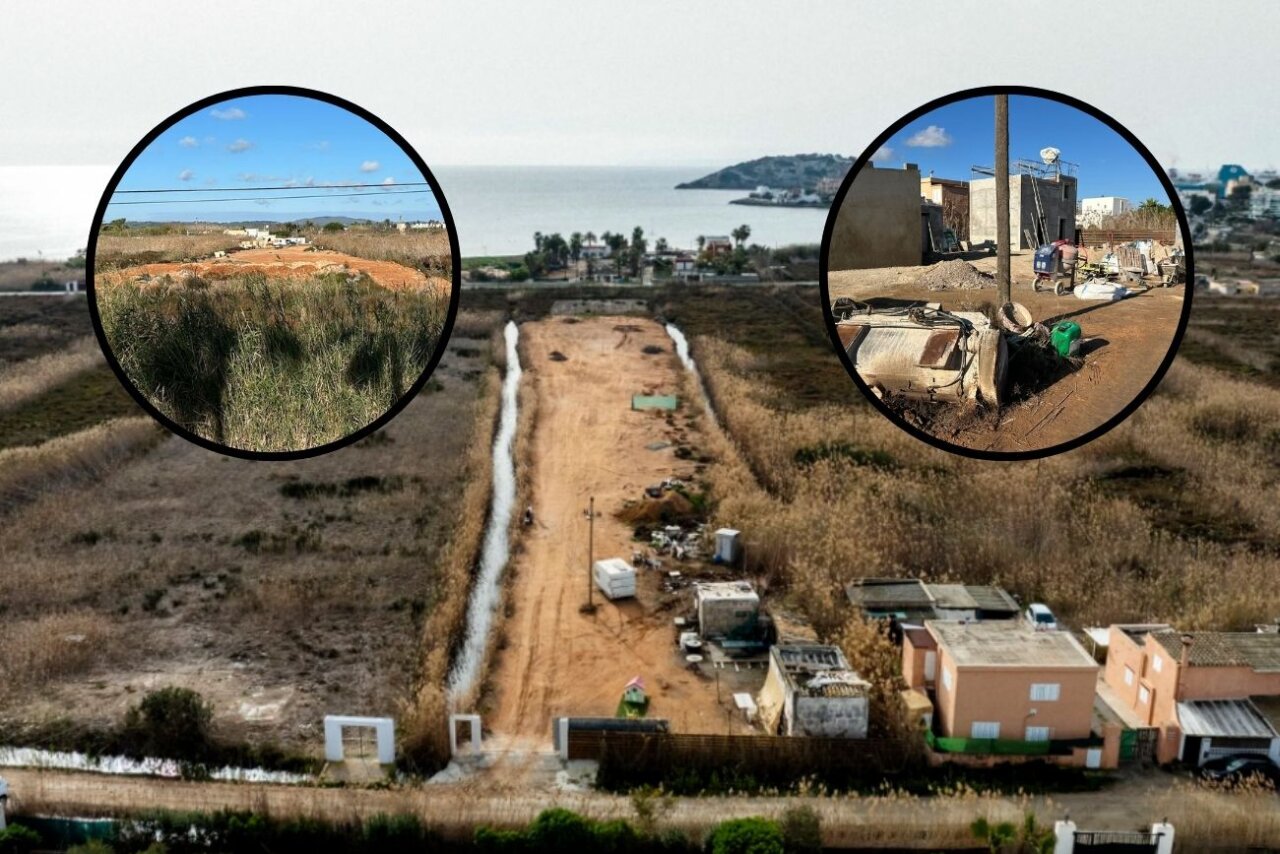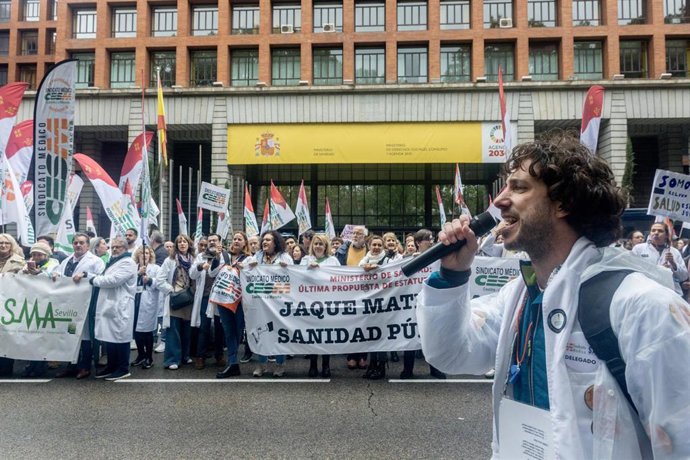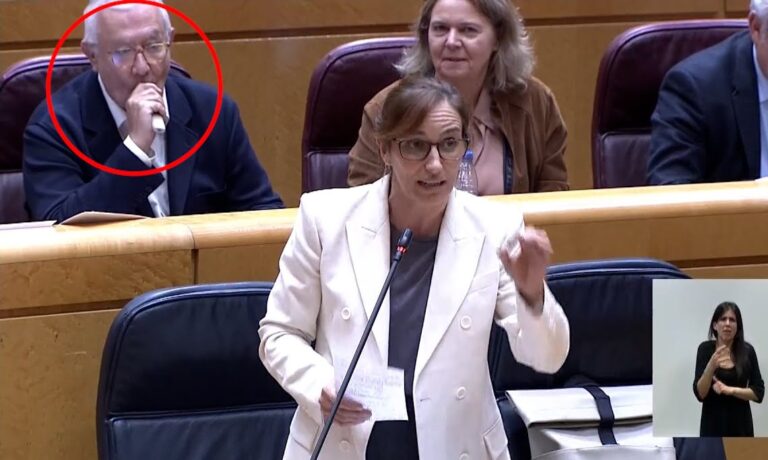This Friday, November 21, marks the 25th anniversary of the assassination of former Socialist minister Ernest Lluch, one of the most influential political and intellectual figures of democratic Spain. That year 2000, on his way back to his home in the Barcelona neighborhood of Les Corts, Lluch was approached in the parking lot by two members of ETA’s Barcelona Commando, José Ignacio Cruchaga and Liarni Armendaritz, who shot him twice before fleeing in a car that they blew up in a nearby open field.
The politician’s body was found an hour and a half later by a neighbor. The Audiencia Nacional sentenced the two perpetrators to 33 years in prison, along with Fernando García Jodrá, the commando leader, who justified the assassination by claiming that Lluch had been “a minister of the GAL”.
A committed intellectual from the university
Born in Vilassar de Mar in 1937, Lluch began his political activity at the University of Barcelona as an anti-Franco activist, a stage that he combined with his academic development in Valencia. Doctor in Economic Sciences, he was elected deputy of the PSC in the first democratic elections of 1977 and repeated his seat in 1979 and 1982.
That same year he was appointed Minister of Health and Consumer Affairs. Although he only held the post for one term, his time in government had a decisive impact on the future of the Spanish healthcare system. After leaving active politics, he returned to teaching and served as rector of the Menéndez Pelayo University. For those who knew him, intellectual work was always what stimulated him most.
The defense of dialogue as a way of life
Lluch’s assassination aroused massive rejection. Two days later, nearly a million people took to the streets of Barcelona in a historic demonstration. There, the journalist Gemma Nierga pronounced a phrase that remained engraved in the collective memory: “I am convinced that Ernest, even with the person who killed him, would have tried to dialogue. You who can, please engage in dialogue”.
This spirit marked the trajectory of the Catalan politician, who always defended understanding with Basque nationalism as a way to achieve the end of violence. He himself expressed it clearly: “I will not give up until democratic Basque nationalism becomes part of the constitutional block through the formula of historical rights or any other type of negotiation”.
A year and a half before his death, during ETA’s first truce, he intervened in an event of the socialist candidate Odón Elorza in San Sebastián, where groups of the nationalist left tried to boycott the event, and before them he pronounced words that are still remembered today: “What a joy to come to this square and see that those who now shout before killed and now do not kill. Before them he pronounced words that are still remembered today: “What a joy to come to this square and see that those who now shout before killed and now do not kill. What a joy! They don’t know that things have changed, they don’t know that freedom and democracy have arrived in this country, they don’t know. Shout more, you shout too little! Shout, because as long as you shout you won’t kill!”
The architect of universal public health care
His political legacy is closely linked to the General Health Law. The law, passed during his time at the helm of the ministry, profoundly transformed the healthcare system, universalizing care, defining essential services and ordering their provision by the autonomous communities.
The Fundació Campalans preserves a manuscript where Lluch summarized his political thought in a phrase that reflects its essence: “Socialism is to bring the maximum possible freedom, the maximum possible equality and the maximum possible fraternity to people living in society”.
And he also wrote an ethical commitment that explained his vision of public work: “We must strive so that the scourges and causes of inequality disappear: the fear of illness without assistance, old age without resources, not being able to study if one is able and willing”.
A figure that is still alive 25 years later
In recent weeks, institutions and organizations have resumed the tributes to his figure. The CAP Les Corts, in the neighborhood where he lived, has been renamed CAP Ernest Lluch. The Generalitat organizes this Friday an act of remembrance at the Palau, and the PSC will hold another one tomorrow at its headquarters. Tributes have also been scheduled at the Barcelona City Hall and other institutions.
Lluch personified the search for consensus, the defense of the welfare state and the conviction that politics should be based on dialogue. Twenty-five years after his assassination, his figure still represents a civic and ethical commitment that remains fully valid.

